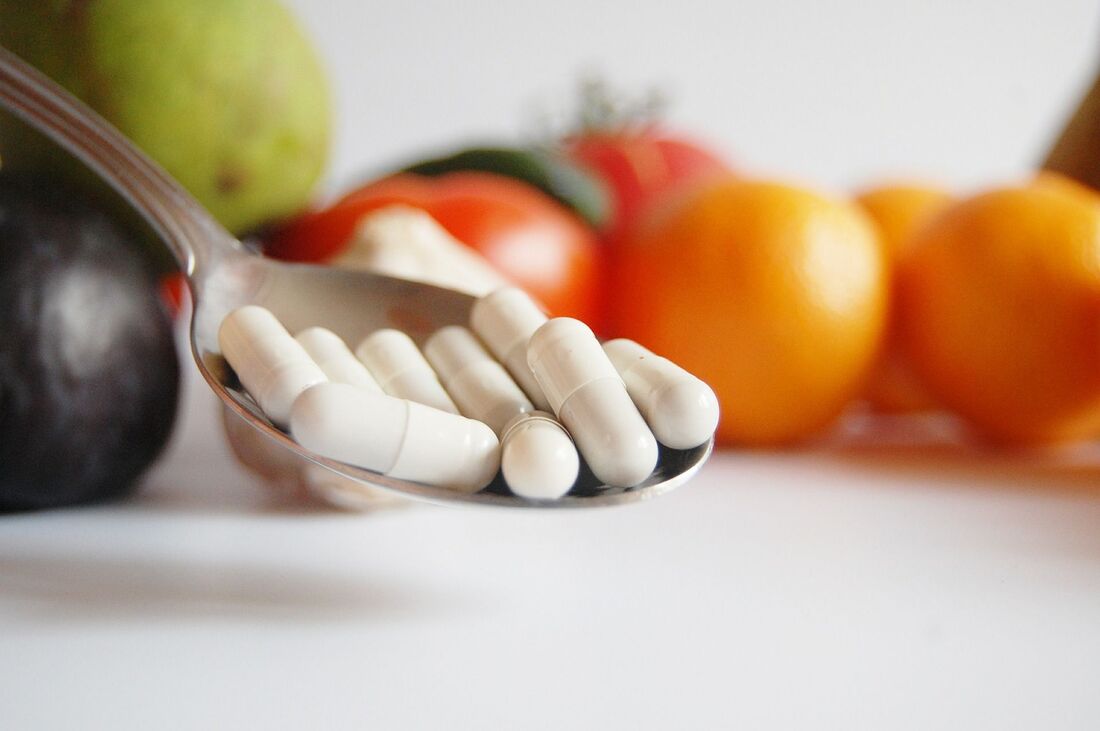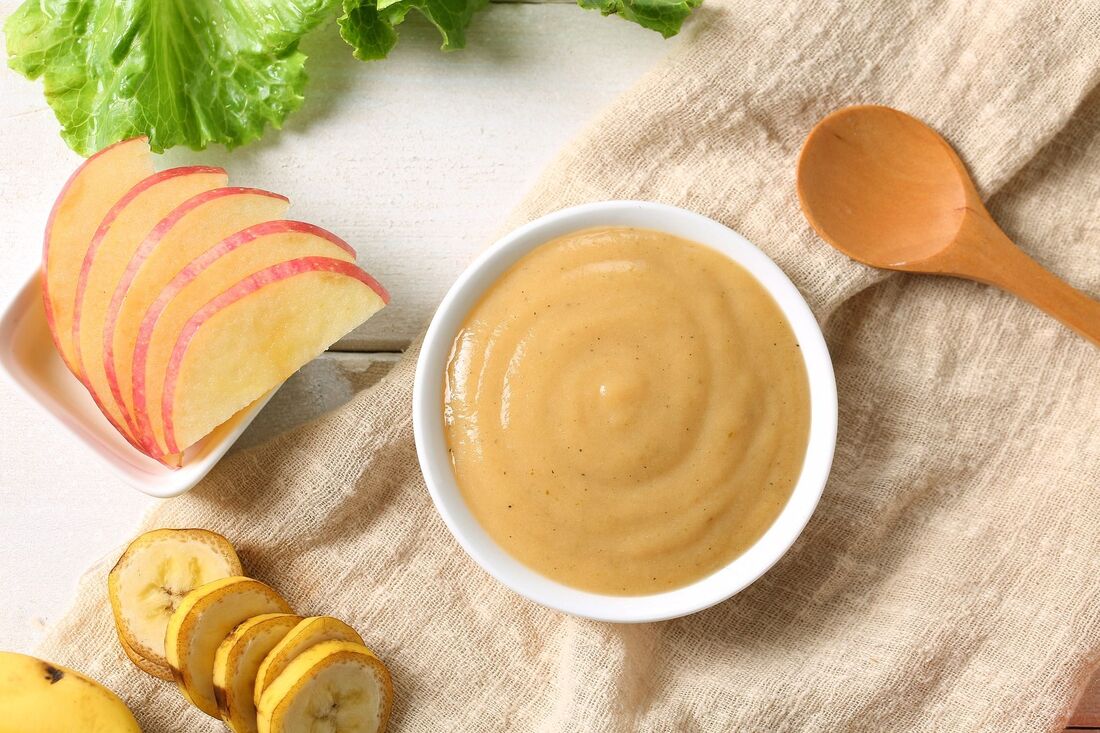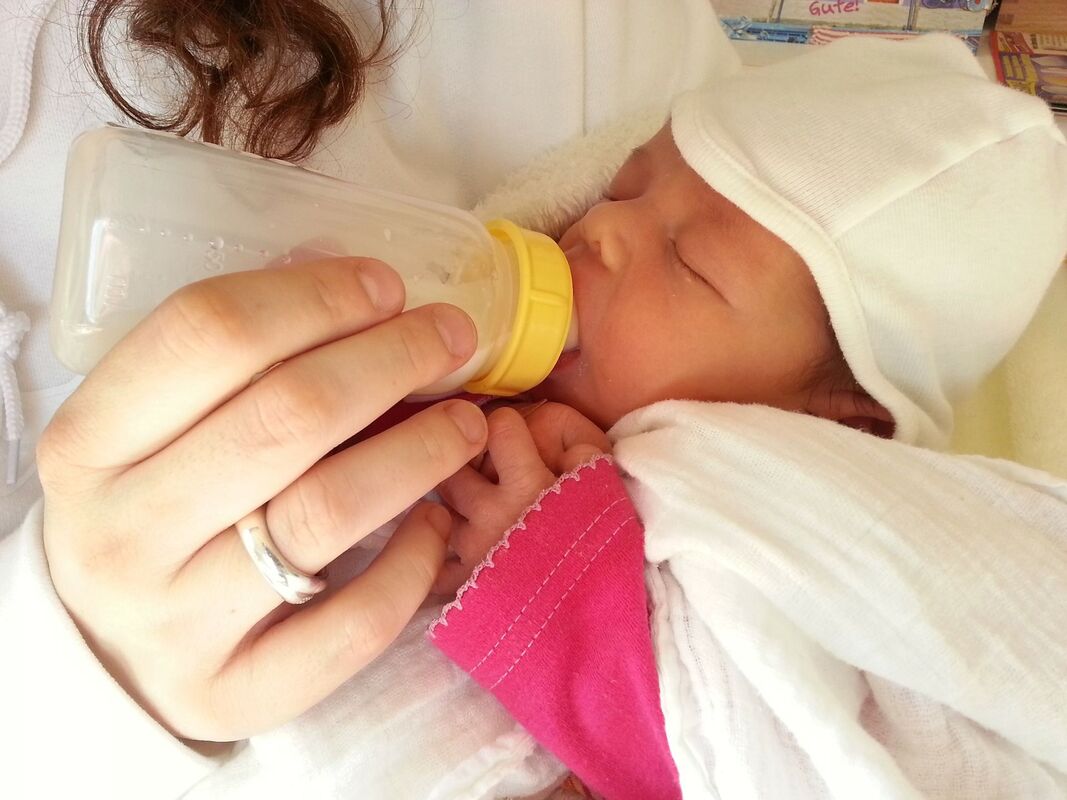|
Staying fit and healthy these days is at the forefront of our life it seems. We see so much marketing towards special diets, supplements, foods, prebiotics and probiotics. Knowing what is true can be hard to determine. Becoming a parent puts added pressure on you to make sure you are giving your baby the best opportunity to be healthy. Probiotics and gut health are linked to creating better health for adults, but is this true for babies as well? Dive into the article, Probiotics and Gut Health, to learn all about probiotics and your infant’s gut health.
1 Comment
It is an exciting time when your baby starts to eat solid food. Food for many of us is a social experience and seeing your baby eat for the first time can be a joyous and monumental occasion. Knowing the best foods to feed your developing baby is key to providing the best nutrition possible. Some foods are better than others and learning which foods are nutritious as well as least allergenic will enlighten and prepare you and your family on the correct path. Continue reading to learn more.
How do you know if your breastfed baby has an allergy? There are signs and symptoms a baby will have if they have an allergy to something in your breast milk. Babies are not allergic to breast milk itself, but they can be allergic or sensitive to foods you eat while breastfeeding. Although the likelihood of a newborn having an allergic response to something in breast milk is low, learning the signs and symptoms can make you feel more confident as a parent.
How do you stay healthy and energized after giving birth? The answer is probably a mixed bag of jumbled phrases since having a newborn takes a huge amount of effort, time, and focus from you. Thinking about your own health many times gets pushed to the side, even if it is not intentional. Keeping up your energy levels and practicing mindful eating can help you be a better parent though. Learn more about the various nutrients needed after birth to help you heal and recover appropriately in the following Postpartum Nutrition article.
Feeding your baby comes in all shapes and forms. When bottles are used, there is a risk that breastfeeding will suffer, but learning about paced bottle feeding will help safeguard your breastfeeding relationship. The following article sheds light on paced bottle feeding and gives detailed advice of how to use this feeding method.
Babies born with a cleft palate or cleft lip face challenges that many newborns do not face. Breastfeeding a baby with one (or both) of these birth defects can be very difficult and feel impossible. There is hope though. If you are looking for ways to breastfeed your baby with a cleft, please read on to the Cleft Palates and Breastfeeding article for inciteful information.
Complications during pregnancy can cause alarm and anxiety for those experiencing them. One such complication is Gestational Diabetes. Learning you have Gestational Diabetes can feel overwhelming and make you feel you are not in control. This does not have to be the case though. Controlling Gestational Diabetes involves the help of your healthcare provider along with help from you. Learn all about Gestational Diabetes and how you can help yourself in the Gestational Diabetes article.
|
AuthorHeather Shabestari, BS, IBCLC, CEIM, is an International Board Certified Lactation Consultant (IBCLC) and a Certified Educator of Infant Massage (CEIM). Her lactation training was completed through University of California, San Diego and an 8 month internship at Kaiser Permanente's outpatient lactation department.
Categories
All
|
 Breastfeeding Consultants of San Diego, LLC
HoursMonday – Friday: 9:00am - 4pm
Messages will be returned same day or by next business day.
Appointments are available at various times throughout the week and weekend.
Contact Us |
Service AreaFor private lactation consultations in your home, we proudly serve East San Diego, Central San Diego, Del Mar, Carmel Valley, Encinitas, and beach areas (Coronado, Point Loma, Ocean Beach, Mission Beach, Pacific Beach, La Jolla). *For homes not in this service area, or are 20 miles or more away, there is a small fee of $50 to accommodate the longer distance and travel time.
 International Board Certified Lactation Consultant®
Connect with Us |
|
© 2020 Breastfeeding Consultants of San Diego, LLC








